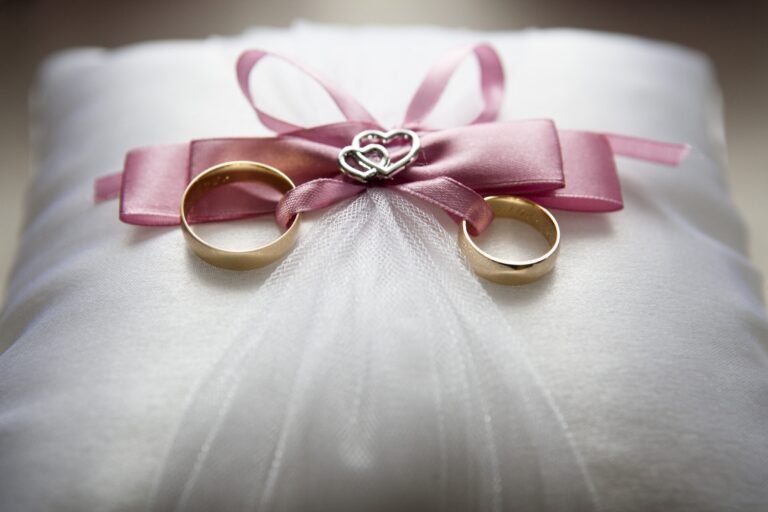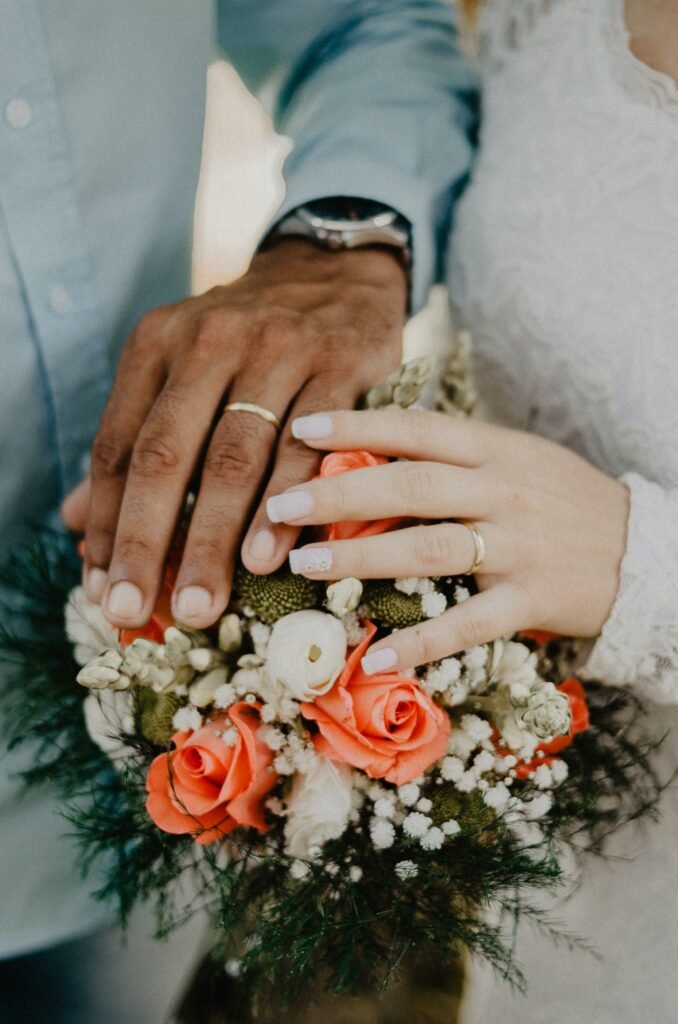Getting Married in the UK | Everything You Need to Know
- Last Updated: October 21, 2024
- Habit England
Marriage is one of life’s most beautiful milestones, and if you’re planning to say “I do” in the UK, you’re in for a journey filled with both romance and practicalities. From the historical charm of a countryside manor to the grandeur of a cathedral or the simplicity of a registry office, the UK offers endless possibilities for your special day. But before you dive into flowers and venues, it’s essential to navigate the legal steps to ensure your marriage is as official as it is magical. Whether you’re a UK resident or dreaming of a British wedding from abroad, here’s everything you need to know to get legally married in the UK.
What Types of Weddings Are Possible in the UK?
UK laws recognize both civil and religious weddings:
- Civil Weddings: These take place at a registry office or an approved venue.
- Religious Weddings: You can have an Anglican, Roman Catholic, Jewish, or Quaker ceremony. Some other religious ceremonies may also be valid, depending on the venue.
Check with your chosen venue for specific details.
Legal Requirements to Get Married in the UK
- Age: You must be at least 16 years old to marry or form a civil partnership in the UK. If you’re under 18 in England, Wales, and Northern Ireland, you’ll need parental permission.
- Witnesses: Two witnesses must be present at the ceremony.
- Relationship Status: You must not already be married or in a civil partnership. Additionally, you must not be closely related.
- Immigration Status: UK citizens, those with indefinite leave to remain, EU, EEA, or Swiss citizens, and UK resident permit holders are eligible to marry in the UK.
What Documents Are Needed to Get Married in the UK?
To register your marriage, you’ll need to bring the following documents to the register office:
- Proof of Name: A valid passport or a Biometric Residence Permit (BRP) card.
- Proof of Age: Your birth certificate or passport.
- Proof of Name Change: If applicable, provide legal documentation for any name change.
- Proof of Nationality: A valid passport or national identity card.
- Proof of Address: A UK driving license, utility bill, bank statement, or council tax bill.
- Previous Marriage Documentation (if applicable):
- Decree absolute (if divorced).
- Death certificate of your former partner (if widowed).
- Entry Visa: For UK resident permit holders, to prove legal entry into the UK.
- Marriage Details: Provide details of where and when you intend to get married.
Requirements may vary slightly based on your local register office, so it’s best to confirm with them directly for any updates.


What Is the Process of Getting Married in the UK?
- Give Notice: You must sign a legal document at your local register office, declaring your intent to marry or form a civil partnership. This is called “giving notice” and must be done at least 29 days before the wedding. The marriage ceremony must occur within 12 months of giving notice.
- Where to Give Notice:
- Book an appointment with your local register office.
- You must have lived in the registration district for the past 7 days before giving notice.
- If you and your partner live in different registration districts, you must give notice separately.
- If one of you is from outside the UK, both partners must give notice together unless you both hold British or Irish citizenship, settled or pre-settled status under the EU Settlement Scheme, or have a pending application under this scheme.
- Register Fees: When giving notice, each person must pay £35. If either partner is not from the EU, EEA, or Switzerland, the fee is £47. The marriage certificate costs £11 and is issued 4 days after your wedding.
How to Book Your Wedding Venue and Registrar?
If you’re having a civil ceremony, make sure the venue and registrar are both available on the same day. Here’s what you need to do:
- Reserve the Venue: Check the availability of your venue and the registrar. Some venues will even help arrange the registrar for you.
- Book the Registrar: Contact your local register office to ensure that a registrar can attend your ceremony on the chosen date. Make sure you have the venue name and date ready as you cannot book the registrar without them.
- Timing: Registrars may not accept bookings more than a year in advance, so if your venue is in high demand, book early and follow up with the register office as soon as possible.
Marriage Day: What to Expect
On your wedding day, the process varies slightly based on whether it’s a civil or religious ceremony. Here’s a general idea:
- Interview: You’ll have a short interview at the register office before the ceremony to verify your identity.
- The Ceremony:
- A civil ceremony typically takes 15-20 minutes.
- A religious wedding may last longer depending on the readings and songs you choose.
- A civil partnership ceremony can be as short as 2 minutes if you simply want to sign the certificate, or up to 20 minutes if you include vows and music.
Is Islamic Marriage Recognized in the UK?
No, Islamic marriages (Nikah) are not recognized in the UK unless they are accompanied by a civil marriage ceremony. If you wish for your Nikah to be legally recognized, you must also have a civil marriage at a registry office.
Final Thoughts
Whether you’re planning an intimate ceremony or a grand celebration, getting married in the UK is an exciting adventure filled with love, tradition, and personal touches. While the legal steps may seem daunting, following the right procedures ensures that your special day goes smoothly. By understanding the requirements and taking care of the formalities, you can focus on what truly matters—celebrating the start of a new chapter with your loved one.
If you need guidance or support in planning your UK wedding, feel free to reach out to Habit England. We’re here to help make your dream wedding a reality!

